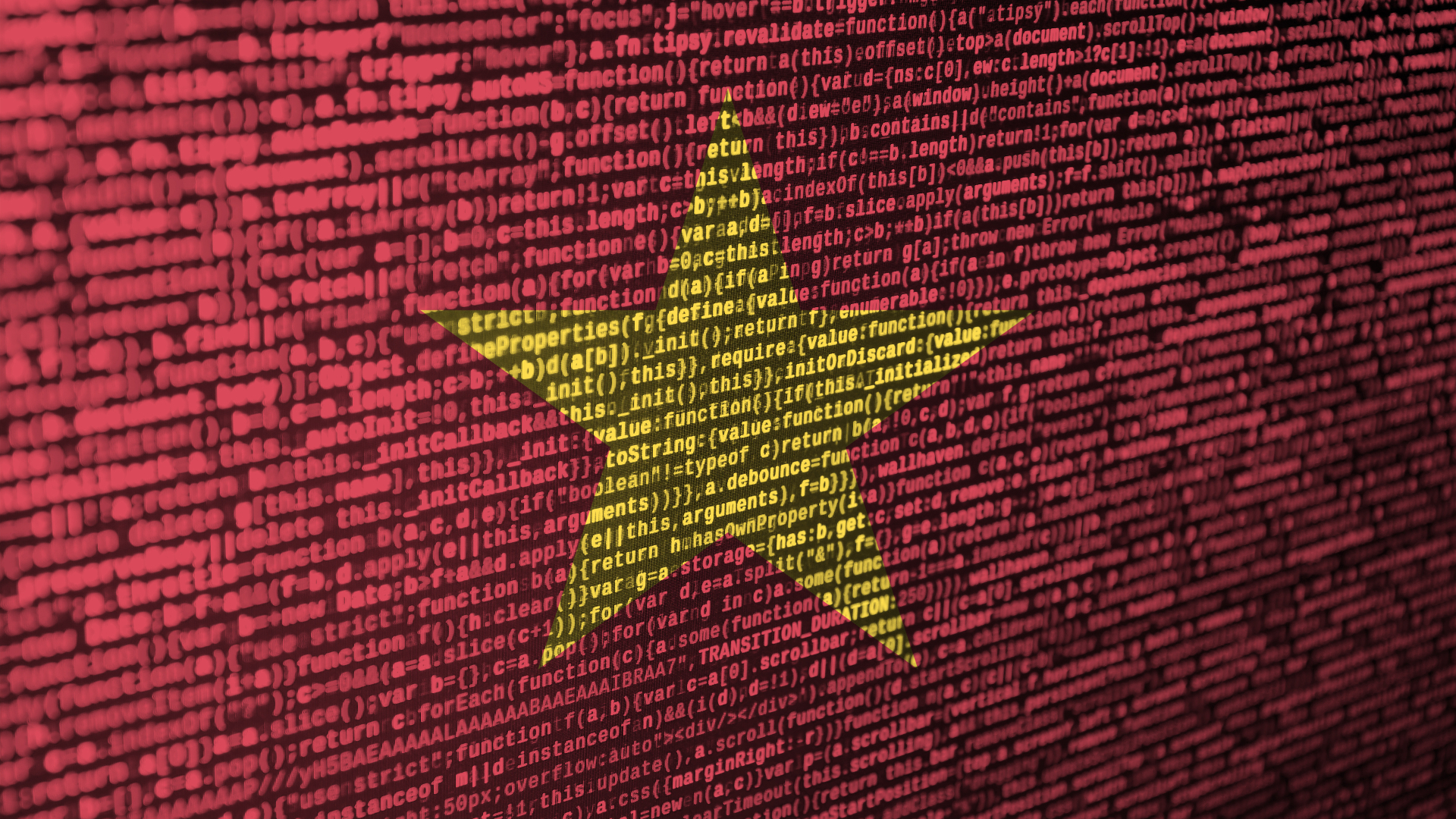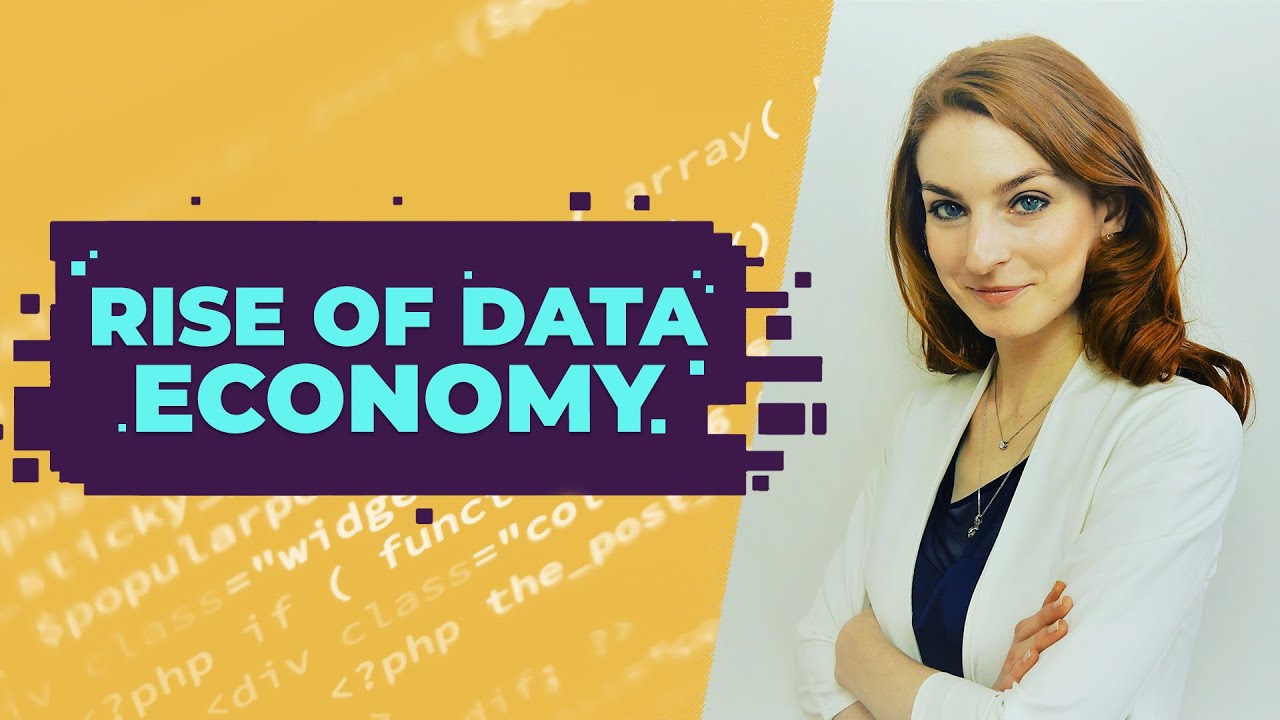Category:Tech Liberty


AI isn’t going to leave you unemployed
January 22, 2024 | Post
From automated factory assembly lines to helping you cheat on your college term paper, AI is doing things today that were barely imagined only a few short years ago. As such, you might be wondering, “is my job at risk of being taken over by robots?” or “will we all end up unemployed?”

How Section 230 protects your online freedom
January 12, 2024 | Post
Section 230, part of the Telecommunications Decency Act of 1996, may sound like just any obscure piece of legislation, but it plays a crucial role in protecting your online freedom.
When Section 230 became law in 1996, it brought common sense to the table — content creators should be held responsible for their own words, not the platforms playing host.
However, in recent years, there has been significant pushback against Section 230 from figures across the political spectrum.

Despite regulatory barriers, 3D-printed houses can revolutionize the construction industry
December 20, 2023 | Post
What if we could revolutionize transportation to make it not only faster but also more sustainable? What if we could create educational systems that are not only more accessible but also tailored to individual learning needs?
Or, how about building new homes in a matter of days, at a fraction of the cost?
ICON Technologies is able to do just that — if not for regulatory barriers.

Here’s the reason mainstream environmentalist groups hate nuclear energy: they’re paid to
November 28, 2023 | Post
For decades, nuclear power has been shunned by mainstream environmentalism.
However, the Natural Resources Defense Council, a prominent environmentalist nonprofit, recently shut down its longstanding program dedicated to opposing the nuclear industry — and they’re not alone in this switch of priorities.
So, what is causing environmentalist groups to run out of steam in their anti-nuclear campaigns? Is mainstream environmentalism about to finally embrace nuclear power?

Bill C-11: how Canada’s algorithm power play stifles free speech online
September 26, 2023 | Post
For the Canadian Government, Bill C-11 heralds a fresh avenue for regulation and control. It is a mechanism for both reprimanding adversaries and rewarding lobbyists. Naturally, this government dominance over media comes at the cost of freedom and diversity of content online. Here’s what’s at stake…

Defending liberty in the digital age: how useful is social media activism?
September 21, 2023 | Post
The power of information dissemination through social media networks is remarkable, with messages often going viral within seconds. Yet, it is essential to acknowledge that social media activism has its limitations.

AI, automation, and the future of work: Navigating, automating, and … terminating?
August 7, 2023 | Post
Welcome to a world where AI and automation helps to transform the job market in ways we never imagined, and maybe, just maybe, makes us laugh along the way (we’ll get to that part).

Bill C-18: social media no longer a home for news in Canada
August 3, 2023 | Post
Under the guise of supporting local news outlets in Canada, Bill C-18 aims to censor all news outlets on social media platforms unless their companies offer compensation to Canadian news outlets for the news they provide.

An assault on anonymity: the consequences of Vietnam’s new social media policy
June 2, 2023 | Post
In Vietnam, a new regulation will take effect by January 2024 requiring all social media users to verify their identities in order to use online platforms. This move is a blatant violation of the right to free expression and privacy.

Why innovation is the solution to the carbon crisis
April 3, 2023 | Post
The distinctly human capacity for innovation has reduced hunger and poverty, and greatly expanded our life expectancies since the Industrial Revolution. Many industries may have contributed to the carbon crisis, but a new industry will be what solves it.

The TikTok dilemma: privacy risks vs the importance of free choice
March 30, 2023 | Post
TikTok has been under intense scrutiny for its data collection and sharing practices, with concerns raised about the platform’s relationship with the Chinese government and its potential for mass surveillance of Americans. But should it be banned?

Out with the coal, in with the nuclear
March 15, 2023 | Post
Despite the economic challenges involved, nuclear power is our best chance of walking that tightrope that allows us to manage both economic and industrial concerns while decarbonizing. Is that not the objective we are all striving for?

The Misuse of Social Media Act: a threat to freedom of expression in Uganda
February 27, 2023 | Post
The provisions in the Misuse of Social Media Act passed by Uganda’s Parliament are highly restrictive and pose a direct threat to digital freedom. Here’s a quick breakdown of how and why…

Is AI our generation’s nuclear fission?
December 20, 2022 | Post
Developments in AI, such as the recent creation of ChatGPT, can be seen as world-changing in ways that should not be taken lightly. However, it clearly has immense potential for humanity, so long as we choose the right path. What are the parallels between the advent of nuclear fission and the rise of AI?

Poland’s Economy, Explained: The Secret Behind its Shock Therapy Plan
May 31, 2022 | Video
Communism crippled the Soviet Union’s satellite states during the 20th century, but when the USSR fell, one country was quickest to move to capitalism: Poland. More than 30 years later, the results are in: Poland is outperforming its neighbors economically and socially. That much was evident in the way it has recovered from the global […]

Hayek Predicted Bitcoin
January 18, 2022 | Video
Here in Episode 4 of our series on Blockchain Economics, Lawrence H. White, Professor of Economics at George Mason University, will walk you through Hayek’s elegantly simple proposal: make private individuals and businesses free to offer their own money to compete with that of the government.

Bitcoin is not a threat to Climate Change
January 11, 2022 | Video
Bitcoin is a serious and direct threat to governments’ power to control and print money. So, politicians and bureaucrats are building Bitcoin into the ultimate boogeyman. It “puts the financial system at the whims of some shadowy group of super-coders,” said Senator Elizabeth Warren. Then there’s the narrative — pushed by British newspaper The Guardian […]

Blockchain Smart Contracts, Explained
September 16, 2021 | Video
Smart Contracts are an important part of blockchain technology. In this video, we will explain what do we mean by contracts and how they can be complete and incomplete, and why the blockchain is a fantastic technology to accomplish reduction of transaction costs.

3 Ways Governments Can Regulate Bitcoin
September 9, 2021 | Video
Bitcoin and other crypto have put a lot of pressure on governments. They just can’t ignore it anymore. Some have tried really hard to control it (like China), others have embraced it completely, like El Salvador, which just legalized bitcoin as legal tender. In this video, we explore examples of obstacles some countries put on […]

How Is An Altcoin Created?
September 2, 2021 | Video
In 2021, Bitcoin hit the impressive mark of $1 trillion in market cap, and all cryptocurrencies nowadays sum over $2.3 trillion. This is an amazing accomplishment over a decade. But why do we need cryptocurrencies? What are altcoins?
In this video, part of the Blockchain Economics course of SFL Academy, we explain some of the most used cryptos and why so many more are being created every day.

The Rise of the Data Economy
July 15, 2021 | Video
Following the conversation with Eline Chivot, the senior adviser on digital policy at the European People’s Party and a former senior policy analyst at the Center for Data Innovation, about data protection and innovation, we asked her why data is so important to innovation in a digital economy, and what happens when the flow between companies and users is interrupted by governments.

The Effects of Data Protection Policies in the European Union
July 8, 2021 | Video
On November 4th, 2020, Students For Liberty hosted a conversation with Eline Chivot, the senior adviser on digital policy at the European People’s Party and a former senior policy analyst at the Center for Data Innovation, on Data Protection and Innovation.
These are the highlights of the event, which focused on the theme of innovation in the digital economy, and the role of data protection policies in the European Union. In recent years, the debate around balancing digital privacy and innovation has gained significant prominence, especially in light of the European Union’s GDPR policy implemented in 2018. The debate is expected to continue further, given the increasing rise of AI amid many barriers to innovation.

